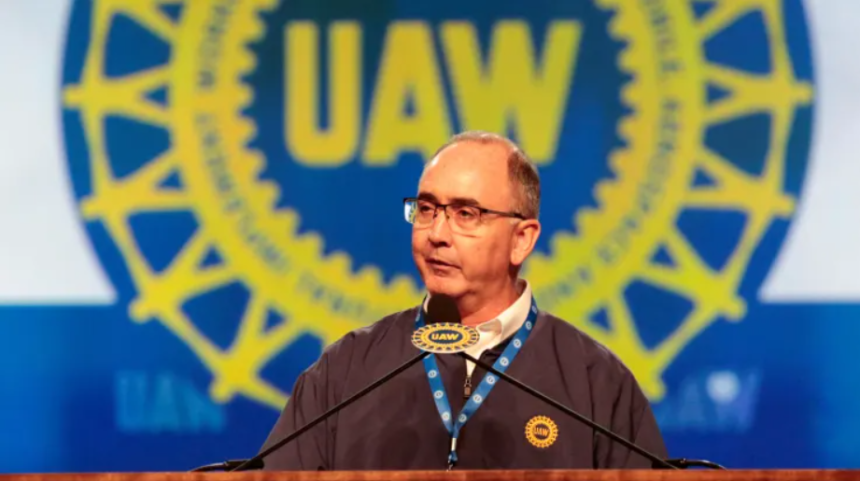To both the UAW (United Auto Workers) and automakers , the former CEO of Ford, Mark Fields, has recently issued a stark and sobering warning.
Former Ford CEO Mark Fields offers advice for both parties as Detroit automakers and labor leaders strive to hammer out a deal that will influence the future of the US car industry.
As the automotive industry undergoes a significant transformation, with the rapid development of electric and autonomous vehicles, former Ford CEO Mark Fields has sounded a cautionary note for both the United Auto Workers (UAW) and automakers themselves. Fields, who served as CEO of Ford from 2014 to 2017, recently shared his insights on the challenges and opportunities facing the industry. His message serves as a stark warning to all stakeholders in this evolving landscape.
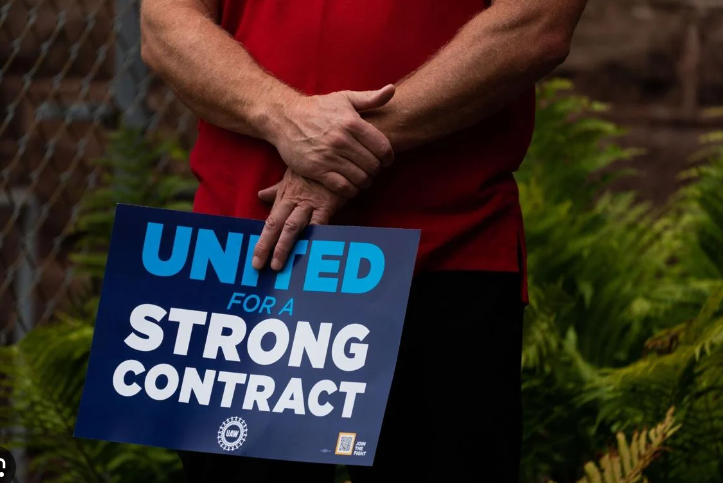
Fields, who served as the CEO of Ford from 2014 to 2017, is cautioning the Big Three (the traditional name for legacy automakers Ford, GM, and Stellantis) not to give in to labor demands in a way that puts them in a precarious financial position and puts them at a competitive disadvantage, even as the workers who build the cars eye their healthy profits.
Fields told on Wednesday that the industry’s recent run of lucrative years meant “the automakers can’t plead poverty.” They’ll need to come up with a novel strategy to structure a fair contract that compensates employees while avoiding prior blunders.
Fields pointed out that during the Great Recession in 2009, GM and Chrysler both filed for bankruptcy. The United Auto Workers union is pressing GM, Ford, and Stellantis for major concessions, first calling for a 40% salary raise spread over four years, bringing back cost-of-living adjustments, bringing back conventional pension plans, and bringing back retiree health insurance coverage.
On Thursday at 11:59 p.m. ET, the UAW contract with the Big Three comes to an end.
If no agreement is reached, a strike might start at 12 a.m. on Friday. The three main US manufacturers, which currently produce close to half of all domestically produced cars, have never been the targets of a strike at the same time.
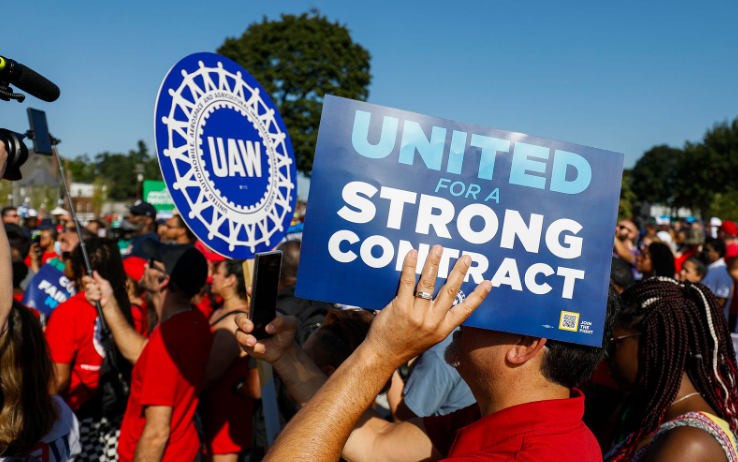
UAW could triumph in battle but fall short of victory
Fields told that the Big Three will “definitely” need to consent to pay boosts “well north” of prior increases, while he insisted that he is not offering advice to Jim Farley, CEO of Ford. He cited recent significant salary increases that unions, such as those at UPS, American Airlines, and West Coast dockworkers, had achieved.
However, Fields urged the Big Three to reject the majority of the UAW’s non-wage demands in order to avoid being put at a competitive disadvantage in the auto sector, where consumers have a wide range of options.
On whether the union’s demands are unreasonable, Ford’s current CEO stated, “We’ll see.”
Farley stated that although there is a limit, his company made its most “generous offer in 80 years,” and added, “We’re still optimistic that we’ll get a deal.” Fields, the former CEO of Ford, also had some advice for the UAW: Don’t wish for too much.
He claimed that the automakers might choose to simply move their factories—and jobs—to other countries if they are made to reestablish pensions, provide healthcare for retirees, and take other actions.
“The automakers are going to approach this very logically. “I’m going to have to move it to where it’s more competitive, like Mexico, if this is what my cost per unit is here in the US, including labor, and it’s uncompetitive,” said Fields, who is presently a senior advisor to private equity company TPG Capital. You don’t want the UAW to triumph in the conflict but lose it. Workers at the unionized Ford facility in Chihuahua, Mexico, have agreed to an 8.2% pay hike.
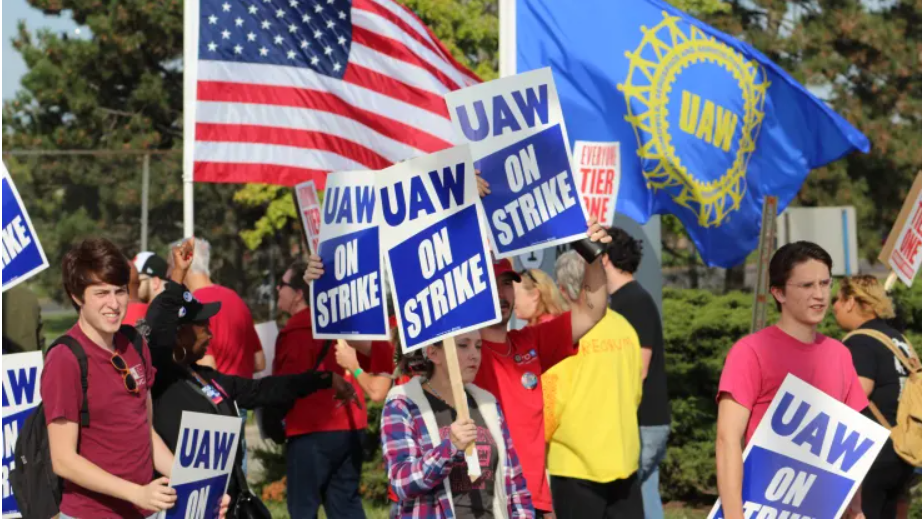
Former Ford CEO: UAW leader miscalculates the economic impact
UAW President Shawn Fain stated that a strike would only harm the “billionaire class.”
“The cost of autos increased by 30% during the previous four years. CEO remuneration at [automakers] increased by 40%. Nobody made any noise. However, God forbid the workers ask for their due portion, as nobody had any qualms about that, Fain said to Jake Tapper.
Fain compared Fields to a politician seeking to get an advantage in negotiations, and Fields claimed he didn’t take “much offense” to that.
However, the former CEO of Ford stated, “I do think he’s quite misplaced in that if there is a work stoppage… there will be lots of people hurt.”
According to estimates, there are nine or ten employment supported for every hourly auto worker elsewhere, from the supply chain of part manufacturers to nearby coffee shops and dry cleaners.
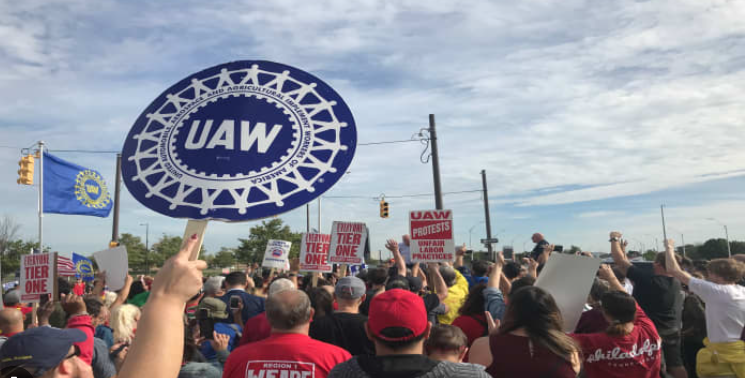
Effect of inflation
Similar concerns are held by Bob Nardelli, who oversaw Chrysler from August 2007 until his resignation in April 2009, when the company declared bankruptcy. This might have a major effect. We could enter a really difficult economic position as a result, Nardelli said in an interview on Tuesday.
A UAW strike would harm local economies and suppliers of parts, but experts think it is unlikely to trigger a recession. A 10-day strike against the Big Three would cost the US economy $5 billion, according to Anderson Economic Group.
According to Goldman Sachs, if all three went on strike, the reduction in auto manufacturing would reduce quarterly annualized growth by 0.05 to 0.1 percentage points for each week it continued. Goldman Sachs predicted that growth would thereafter increase by the same amount it fell in the quarter after a strike. Beyond the effect on GDP, Nardeli is concerned about how wage growth would exacerbate the inflation problem and maintain high interest rates.
“This is not merely a land grab by union workers. Everyone is pushing for pay raises. The former Chrysler CEO stated, “You can’t blame them for attempting to deal with inflation that is hurting their families. I’m not to responsible for them. But regrettably, this only makes the inflation issue worse.
With some justification, the UAW has vehemently refuted the notion that greater pay for its members will result in higher car pricing. During the current UAW contract’s lifespan, car costs have increased 30%. Limited new car inventories due to pandemic-related shortages of parts, particularly computer chips, were a result of the high demand. Both unionized and non-union automakers have equal price increases, while UAW members’ hourly salaries increased only 6% during this time of record-breaking price increases for automobiles.
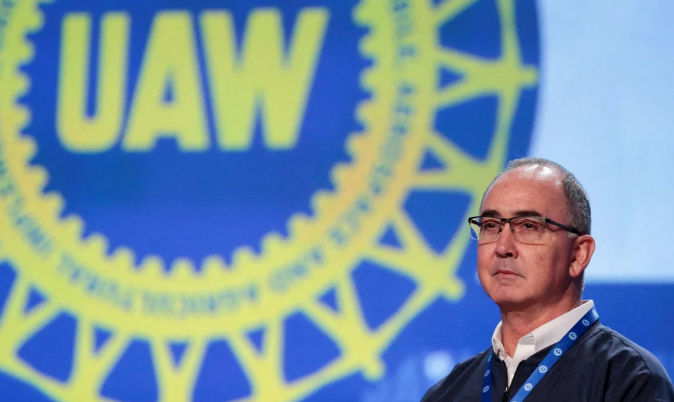
Setting Goals and Obtaining Ratification
Fields, for his part, expressed amazement at the “very unusual” strategies used by Fain, the powerful leader of the UAW, including making his “very aggressive” demands public. The UAW has a history of keeping its demands under wraps and making them behind closed doors. They run the risk of raising expectations too high by disclosing all these potential prizes, according to Fields.
According to him, this could make it more difficult to secure the support of rank-and-file members for a final agreement that involves some degree of compromise. Nardelli recalled his and other car executives’ “wonderful relationship” with Ron Gettelfinger, the UAW president throughout the Great Recession.
Ford, GM, and Chrysler would not have been able to survive the difficult time when the financial institutions collapsed and took us with them without Ron’s backing, according to Nardelli. Fain, on the other hand, ran for UAW president on a platform that painted union officials as being too friendly with auto CEOs. He campaigned on the promise of adopting a more assertive attitude and ultimately won by fewer than 500 votes.

The former Chrysler CEO stated that a “serious meeting of the minds” is required in the current deadlock to avert a strike. In contrast to demanding the moon, Nardelli said that negotiations ought to be open and sincere. “The time is running out.”
ALSO READ : Nalanda University In G20 2023: A Testament To India’s Intellectual Heritage







